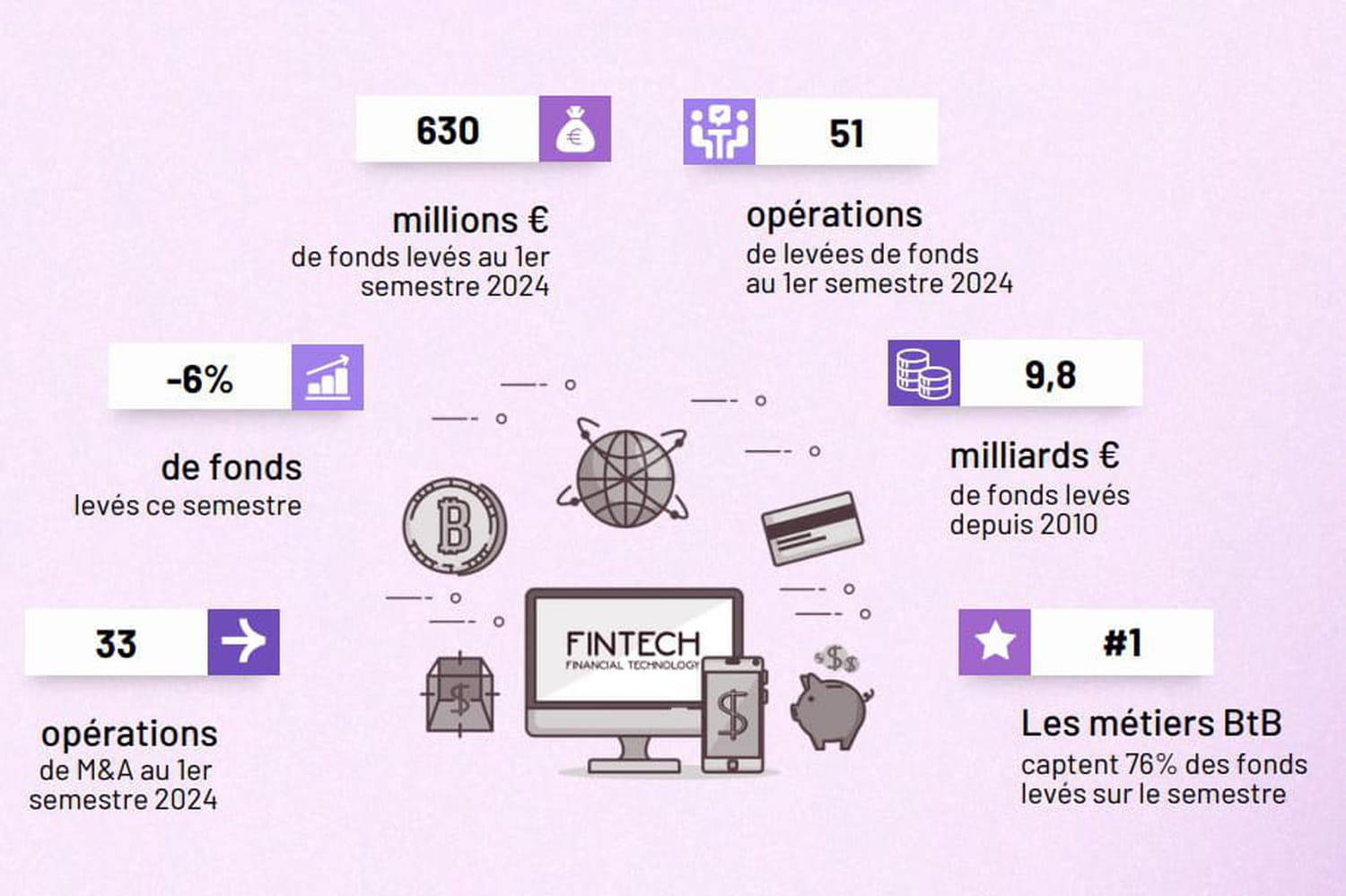In a constantly evolving financial landscape, the Fintech startup Fragment has managed to stand out by providing innovative solutions to the accounting challenges that many businesses face. By targeting inefficiencies and proposing a modern approach, it has not only succeeded in simplifying financial management but has also attracted the attention of investors. Its success is evidenced by an impressive funding amount of $9 million, reflecting market confidence in its ability to transform accounting for businesses of all sizes. Let’s explore together how this bold initiative has revolutionized an often-overlooked sector.
Table of Contents
ToggleThe accounting challenges solved by Fragment

Accounting is often a nightmare for any engineer tasked with tracking accounts receivable. Fragment’s co-founders, Thomas Neckel and Omi Chowdhury, decided to tackle this problem by launching a ledger API that simplifies real-time accounting, without requiring a deep understanding of accounting terminology. Fragment allows engineers to track financial transactions accurately and easily.
A history of entrepreneurial success
Before Fragment, Neckel and Chowdhury had already created two other startups together. Their identity management company, Scuid, was acquired by CA Technologies in 2014. They then developed a private investment platform called Cove.io, where they discovered the crucial importance of an accurate ledger. This experience became the foundation for Fragment.
Fast and accurate closings
One of the major advantages of Fragment is its ability to allow companies to quickly reconcile balances with bank statements. As Neckel explained, by using Fragment, transactions are fully reconciled, which simplifies and speeds up month-end closing. It also avoids the reconciliation issues that have recently affected companies like Evolve Bank and Synapse.
How does it work?
With Fragment’s API, fintech developers can design cash flows, code them, and embed these codes into their products. Each flow is recorded in the database as entries, each updating a set of accounts. Fragment also offers a dashboard to compose and simulate these financial flows, thus enabling transparent and efficient management.
Clients and use cases
Although only recently launched publicly, Fragment already has several notable clients. TruckSmarter uses Fragment to manage its fuel payment network, Nala facilitates payments to Africa, and Pleo stores and tracks the historical balances of its 30,000 clients using Fragment.
New funding and future projects
Fragment recently announced a funding round of $9 million, backed by leaders from Stripe, BoxGroup, Avid Ventures, and other notable figures in the fintech sector. This investment brings the total capital raised to $10.8 million since June 2021. The startup plans to use these funds to expand its engineering team and invest in go-to-market resources.
Toward accessible financial infrastructure
The true goal of Fragment goes beyond mere balance management. They seek to make sophisticated financial infrastructure accessible to all businesses, big or small. As Neckel said: “Stripe gave two people in a garage the same payment infrastructure as Amazon. We want to see what is possible when we provide these same people with the financial infrastructure of Square, Stripe, and Uber.”
Tangible results achieved by Fragment
| Accounting issues resolved | Financial accomplishments |
|
|
With cutting-edge double-entry ledger technology, Fragment is well-positioned to revolutionize the way businesses manage and reconcile their financial transactions. The future looks promising for this ambitious startup.

News #fintech @payhawk Une plateforme personnalisable, sans compromis
— France FinTech | Join us ⚡️ (@FranceFintech) June 18, 2024
Payhawk annonce sa Summer Release : designer de workflow, nouveaux exports, amortissement, APIs. Pour plus de flexibilité et d'optimisation.https://t.co/4KFTPJtybt





